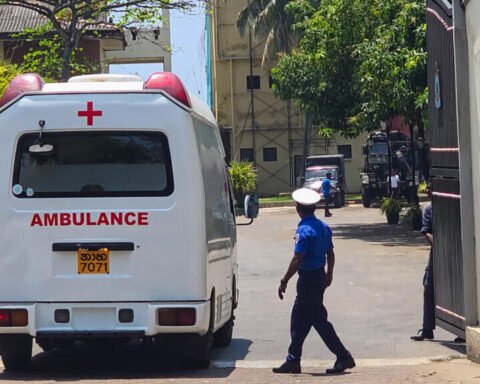Tanzania is taking bold steps to address long-standing issues in its education system with a series of reforms aimed at enhancing the country’s quality assurance processes.
These changes are designed to close the gaps that have been hindering progress in the sector for years.
Godfrey Simbeye, the Director of Quality Assurance at the Ministry of Education, Science and Technology, recently emphasized how vital quality assurance is to maintaining a strong education system. “Quality assurance is the backbone of any robust education system. We are now taking decisive steps to ensure that our schools and institutions uphold the highest standards,” he said.
The country’s quality assurance framework began with the Education Act No. 25 in 1978, which was later updated in 2002 and again in 2017 to modernize the inspection process. Under the 2017 amendments, quality assessors were tasked with visiting at least 25 percent of schools annually. However, the reality has fallen short of these targets.
A recent survey across Dar es Salaam, Dodoma, and Shinyanga revealed that only about 14 percent of schools are receiving the required visits each year. In some areas, schools are only assessed once every four years, leaving them without much-needed oversight for long periods.
Dr. John Kalage, the Executive Director of HakiElimu, expressed concern over the gaps in the quality assurance system. “This is far from the intended frequency, and it leaves schools without external assessments for extended periods,” he said. The lack of regular evaluations has contributed to problems such as overcrowded classrooms, outdated teaching materials, and deteriorating facilities in many schools.
To address these issues, the government is rolling out several key reforms aimed at strengthening the quality assurance process. The plan includes increasing the number of assessors, providing them with more advanced training, and incorporating technology to make the evaluation process more efficient and widespread.
Also Read; Tz Deploys 500 Extension Officers to Boost Cashew Production
Another crucial aspect of the reforms is involving the local communities more directly in the process. By engaging teachers, parents, and community leaders, the government hopes to ensure that schools are meeting national standards and addressing the specific needs of their local populations.
These reforms are part of a larger effort to improve education across Tanzania, focusing on creating an environment where students receive the highest quality education possible. This, in turn, is expected to improve their future opportunities and contribute to the country’s broader development.
The Ministry of Education is calling on all stakeholders to play an active role in supporting these reforms. It’s clear that improving education is a collective effort, and the success of these initiatives will depend on the involvement of the entire community.








Normally I do not learn post on blogs, but I wish to say that this write-up very pressured me to check out and do it! Your writing taste has been amazed me. Thank you, very nice article.